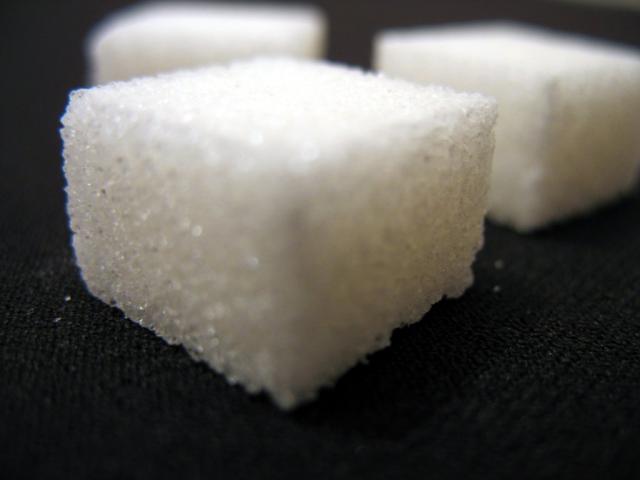
Serotonin and dopamine are the "feel good" substances secreted by your brain. Even though you only have about 10 milligrams of serotonin, it is involved in many body processes including appetite, sleep, mood, memory, learning, endocrine regulation, smooth muscle contractions, migraine headaches, etc.
Serotonin is boosted by certain foods and activities. It has been noted that addicts in recovery and PMS sufferers, tend to binge on sugary, high carb foods. Abstaining addicts often turn to the heavy consumption of carbohydrates as a means of attempting to redress the neurotransmitter imbalances at the heart of their disorder. Some addicts may discover early in life that carbohydrate-rich foods are their drug of choice.
In one study, rats were injected with nicotine until they became dependent or hooked on the drug. The injections were then suddenly withdrawn and the rats chose sweetened food over regular food--a complete reversal of the food preference they had previously shown.
Scientists have managed to record a rise in dopamine levels in lab rats simply by cueing the rats to anticipate a pleasurable event--food, sex, sweet drinks. You could condition the rats to a ringing bell before dinner, and soon the rats would be showing elevated dopamine levels at the sound of the bell only--with no reward at all. Anticipation of reward is all it takes.
If you give a male rat a good close look at a suitable female through a mesh panel, the male rat’s dopamine levels willl surge, presumably in anticipation of possible carnal pleasures. Dopamine levels would spike even higher, of course, once the divider was removed.
Serotonin/dopamine dysfunctions cause physical and mental discomfort including anxiety and panic. This is known as “spiraling distress”—which continues to occur even in the complete absence of the addictive drug.
Many addicts with alcoholic relatives report that they have experienced substitute addictions and multiple addictions repeatedly—and sometimes, these substitutions and additions center on food.
Check out the Orange County ACA website at: Orange County Adult Children

1 comment:
This information is very interesting. Both my husband and I are children of alcoholics and both of us have problems with carbs and sugar. Thanks for the information.
Post a Comment